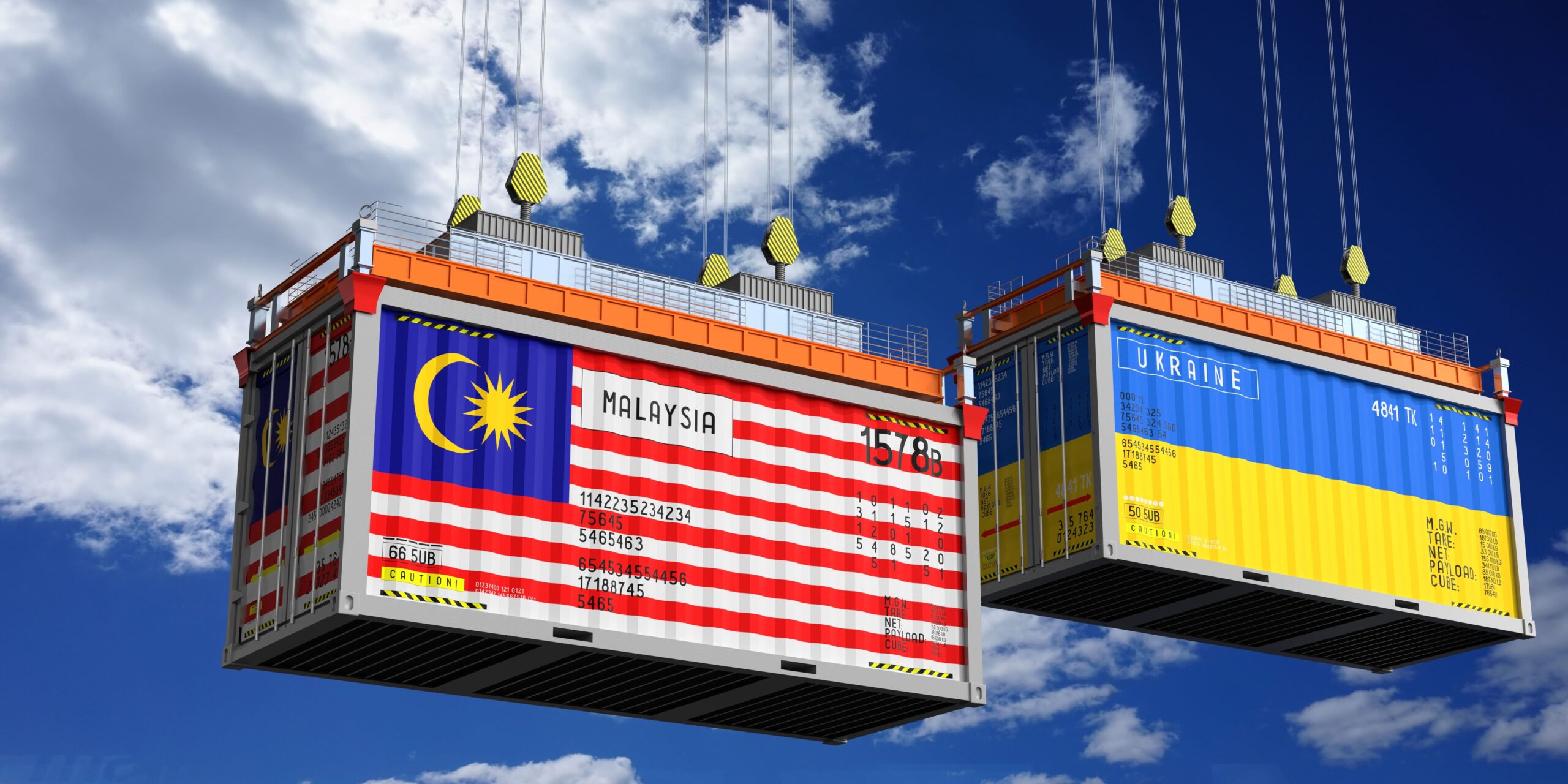
In today’s fast-moving global trade, businesses need shipping solutions that are reliable, cost-effective, and easy to manage. Whether you are a small company shipping goods in smaller loads, or a large business sending full containers, freight forwarding plays a big role in making the process smooth. One name that stands out in this field is De Hubs, a leading expert in freight forwarding Malaysia.
From LCL to FCL, Sea Freight, and Sea Shipment, De Hubs makes shipping goods by sea and stress-free.
What is Freight Forwarding Malaysia?
Freight forwarding in Malaysia is the process of managing and organising the shipment of goods from one place to another. This can include planning on transport, preparing paperwork, handling customs, and making sure the cargo reaches its final destination on time.
In Malaysia, freight forwarding services are especially important for importers and exporters. This is because the country is a major trading hub with busy ports like Port Klang and Tanjung Pelepas. A good freight forwarder, like De Hubs, understands local and international rules, helps reduce delays, and keeps the cost of shipping under control.
Why Choose Freight Forwarding in Malaysia?
Here are some reasons why companies trust Malaysian freight forwarders like De Hubs:
1. Strategic Location
- Malaysia is in the heart of Southeast Asia. It connects many global shipping routes, making it ideal for both regional and international trade.
2. Experienced Workforce
- Malaysian freight forwarders are known for their professionalism and attention to detail.
3. Cost-Effective Sea Freight Solutions
- Whether you choose LCL (Less than Container Load) or FCL (Full Container Load), you can save money by using a local expert.
4. Access to Major Ports
- Malaysia has several well-developed ports that handle thousands of sea shipments every year.
5. Compliance and Documentation
- Freight forwarding companies in Malaysia like De Hubs help you stay compliant with customs and trade laws.
LCL and FCL: What’s the Difference?
LCL (Less than Container Load)
If you don’t have enough goods to fill a whole container, LCL is the right option. You share space with other shipments. This is good for:
- Small businesses
- New exporters
- Irregular shipping needs
Benefits of LCL:
- Lower cost compared to booking a full container
- Flexible and frequent sailings
- Only pay for the space you use
FCL (Full Container Load)
FCL is when you book an entire container for your goods. It is suitable for larger shipments.
Benefits of FCL:
- Safer as goods are not mixed with others
- Better for fragile or valuable items
- Usually faster than LCL
- Ideal for regular bulk shipments
De Hubs helps clients choose between LCL and FCL depending on their budget, cargo size, and timing needs.
Understanding Sea Freight and Sea Shipment
Sea Freight is the process of transporting goods by ocean. It’s one of the most affordable and reliable ways to ship cargo internationally.
Sea Shipment refers to each individual delivery made by sea. For example, if your company sends goods from Port Klang to Dubai, that delivery is a sea shipment.
Why do businesses prefer Sea Freight?
- Lower Costs: Sea freight is cheaper than air freight for large or heavy items.
- Eco-Friendly: Ships produce less CO2 per tonne compared to planes.
- Large Capacity: You can ship a large amount of goods at once.
- Safe and Secure: Sea shipping is one of the safest modes for long-distance trade.
Key Services Offered by Freight Forwarding Malaysia Providers
De Hubs and other top freight forwarders in Malaysia offer many useful services to make your shipment worry-free:
1. Cargo Booking and Scheduling
- Arranging transport by sea, picking the right route and shipping line.
2. Customs Clearance
- Handling paperwork, taxes, and duties required to move goods in and out of the country.
3. Packing and Labelling
- Making sure your cargo is properly packed and labelled for sea shipment.
4. Container Loading and Unloading
- Organising safe loading of goods into LCL or FCL containers.
5. Tracking and Updates
- Providing regular updates so you know where your shipment is at all times.
6. Insurance
- Offering coverage in case of loss, damage, or delay during transport.
7. Door-to-Door Delivery
- Some providers, like De Hubs, can even deliver your cargo directly to its final destination.
Industries That Use Freight Forwarding in Malaysia
Freight forwarding Malaysia is used by many sectors:
- Electronics – shipping components or finished goods
- Textiles – exporting clothing and fabric
- Automotive – sending parts to factories worldwide
- Food and Beverage – moving perishable or packaged goods
- Furniture – transporting large, heavy items
- Retail and E-Commerce – fast-growing sector using LCL shipping
Common Mistakes to Avoid in Sea Freight
- Not choosing the right container size – LCL may be cheaper, but FCL is faster and safer for larger loads.
- Poor documentation – Missing or incorrect paperwork can delay your shipment.
- No insurance – Accidents can happen, so it’s best to be covered.
- Not checking delivery timeframes – Be clear about when you need your goods.
Each of these industries benefits from using sea freight, especially when volumes are high and cost savings are important.
Conclusion
If you’re looking for reliable, cost-effective, and hassle-free freight forwarding Malaysia, De Hubs is a name you can trust. Whether your business needs LCL, FCL, or general sea shipment services, their team has the experience and network to deliver on time and within budget.
Shipping can be stressful, but it doesn’t have to be. With the right freight forwarder by your side, you can focus on growing your business while they handle the logistics. De Hubs is here to support your shipping journey every step of the way.
Find more about:
